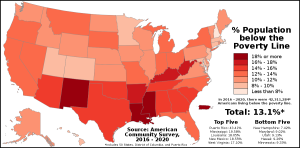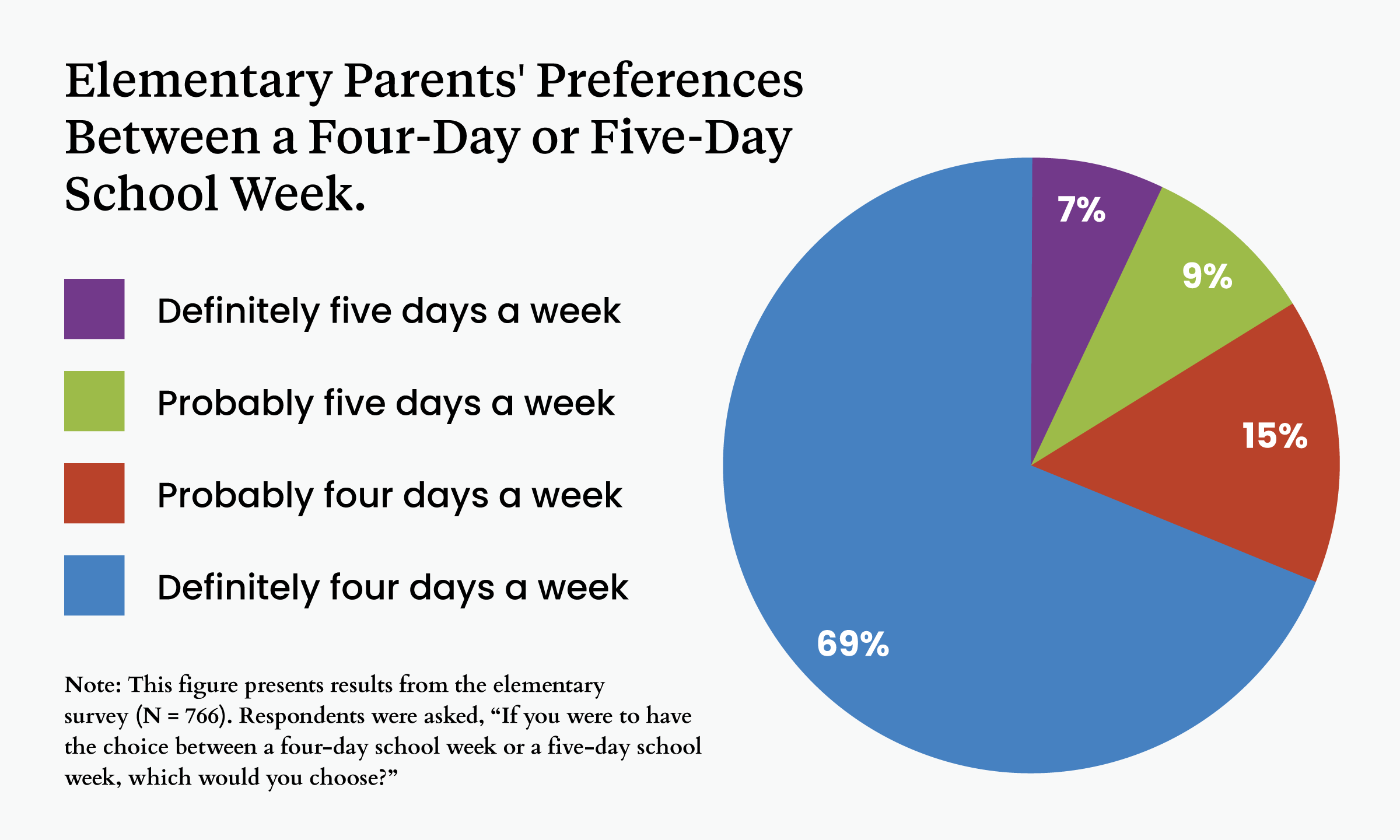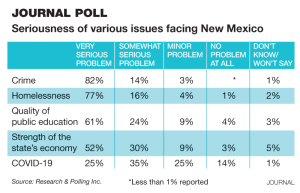
New Mexico’s 2024 legislative session lasted only 30 days. Thanks to booming oil and gas production in New Mexico’s section of the Permian Basin, the state legislature began the session with a massive $3.5 billion budget surplus. In 2023, the surplus was also around $3.5 billion. Those surpluses are in excess of 35 percent of the state’s general-fund budget, which crossed the $10 billion mark for the first time in 2024.
The oil and gas boom has helped New Mexico has become the nation’s second-biggest oil-producing state (despite having a population just over 2 million). Taxes paid on the state’s oil production will generate “more money than we know what to do with,” according to Democrat state senator and Legislative Finance Committee vice chair George Muñoz.
Sadly, despite having had similar surpluses in recent years, the state’s Democrat Governor Michelle Lujan Grisham and Democrat-held legislature again showed their commitment to a government-first philosophy. Yet again, “more money than we know what to do with” resulted in virtually no tax relief for New Mexico taxpayers and businesses.
It’s not like the government-first model is working well for the state. New Mexico has the third-highest poverty rate in the nation. Its education system is arguably the worst in the nation; in 2022, New Mexico ranked No. 51 on each of four categories of the National Assessment of Educational Progress. Crime is a huge problem, especially in its largest city, Albuquerque. And New Mexico’s economy is almost entirely driven by the combined forces of oil and gas, two national nuclear labs, and several military bases.
After a few years of surplus-driven spending, even the analysts hired by the Democrat-controlled legislature have admitted that the government is not particularly good at solving problems.
In New Mexico, the Legislative Finance Committee essentially acts as the legislature’s own think tank. The group found that more education spending wasn’t leading to improved outcomes for New Mexico students. In fact, student enrollment went down.
Even more astonishing, the same state-backed analysts acknowledged that welfare programs (usually involving a combination of federal and state resources) have failed to improve poverty rates in New Mexico. They went on to note that the state had spent $10 billion on anti-poverty programs in FY 2023, but poverty rates have remained stubbornly high at around 18 percent (as compared with the national rate of 11.5 percent). They even went a step further to emphasize the importance of work and raising New Mexico’s pitiful workforce participation in addressing poverty. If this sounds like it came out of the Heritage Foundation or another conservative think tank, you’re probably not alone.
So, to summarize, one of the poorest states (at least in terms of its inhabitants’ incomes) in the nation has had massive budget surpluses in recent years, thanks largely to oil and gas revenues. The state and its economy are widely recognized to be too reliant on that industry and in need of diversification. On top of that, spending more on education, welfare programs, and areas of corporate welfare have not improved anything. So, what’s a progressive-dominated legislature to do?
It’s no surprise that it spent more money, specifically 6.8 percent more. That’s an annual increase of about $650 million. The legislators slightly reduced taxes and approved a hodgepodge tax bill that adjusted income-tax brackets in ways that will reduce taxes by about $150 million. But, in the same bill, the legislature raised other taxes (capital gains and corporate income) by $75 million, and gave away a bunch of mostly special-interest tax credits to the tune of $100 million.
Obviously, with a budget surplus of $3.5 billion, a $150 million tax cut is miniscule. And of course, there are the completely unnecessary tax hikes. But those are irrelevant. With a $3.5 billion surplus available, New Mexico’s legislature grew government and reduced taxes by a combined $825 million. That means they held onto about $2.7 billion this year alone.
As the oil and gas boom continued this year, New Mexico has poured money into various funds, like the “operating reserve” fund and the tax-stabilization reserve fund. The state now has one of the largest “rainy day funds,” in the nation according to Pew.
But even that’s not enough. New Mexico has a separate set of “permanent funds” that has been growing by leaps and bounds, thanks to the natural resources. These funds are not part of the regular general-fund budgeting process and instead create a hidden funding mechanism for New Mexico’s ever-growing government.
As of FY 2023, the state is sitting on nearly $43 billion in sovereign-wealth money tied up for future government spending by the state’s constitution. That’s the 31st-largest of such funds on the planet, and the third largest among U.S. states. This money is supposedly locked away, but it was accessed in 2022, thanks to a constitutional amendment to fund universal, all-day, pre-school statewide. In other words, there is no shortage of cash in New Mexico government coffers.
New Mexico resembles a homeless person living in a cardboard box who sits on a hoard of cash that he or she simply won’t use. Plenty of money is being spent, and the state has plenty of money for the future. But for ideological reasons, legislators refuse to reduce taxes today to bring needed economic diversity and prosperity to the state.
My organization, Rio Grande Foundation, has recommended shifting the state’s job-killing, gross-receipts tax to resemble a basic sales tax. The state could also benefit from becoming one of the growing number of states that has no income tax. New Mexico is not in the conversation when it comes to competing for jobs and population growth with neighboring Texas. Shifting to a traditional sales tax and eliminating the personal-income tax would make New Mexico attractive.
New Mexico could become an economic dynamo in the American Southwest right now. The problem is that the state’s policy-makers and its people who prefer that the government has plenty of cash available for the year 2100, rather than following the well-trodden path to using a massive opportunity generated by incredible growth in the state to create prosperity for its citizens right now.
PAUL J. GESSING is the president of the Rio Grande Foundation, a think tank based in Albuquerque, N.M. @pgessing















 The site is full of useful information. What other states should we compare with New Mexico and why?
The site is full of useful information. What other states should we compare with New Mexico and why?










